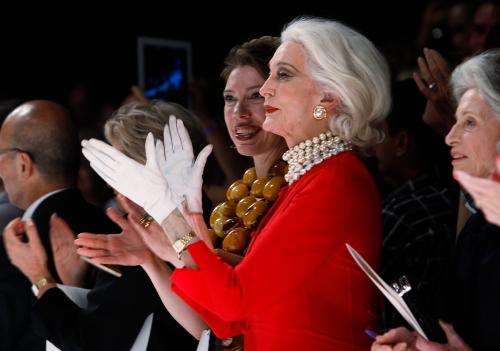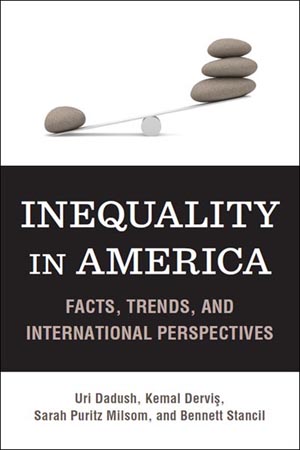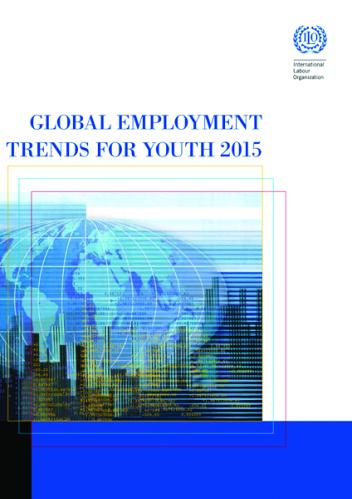Two groups who have historically been strong supporters of economic redistribution – blacks and the elderly – are also the groups whose support for the policy has decreased over time. The trend line for American overall support for redistribution has stayed flat or decreased over the past several decades in spite of the fact that inequality has increased.
In “Support for Redistribution in an Age of Rising Inequality: New Stylized Facts and Some Tentative Explanations,” Yale’s Vivekinan Ashok, Ilyana Kuziemko of Princeton, and Yale’s Ebonya Washington analyze survey data over several decades on topics such as whether the government should reduce income differences between the rich and the poor and whether they should guarantee jobs and a basic standard of living. Although support for those policies has stayed flat or decreased overall, the authors find there are large differences in how attitudes have evolved among various groups, most notably blacks and the elderly. They then set out to explore different reasons why these two groups exhibit such divergent trends relative to other respondents.
Looking at seniors, Ashok, Kuziemko, and Washington explore whether their movement away from redistribution is mirrored by the elderly in other countries. After all, many trends affecting the elderly—longer life expectancy and rising retirement ages—are true for nearly all developed countries. In fact, in all other developed countries with comparable data (the UK, Germany, Sweden and Australia), the elderly have grown more supportive of redistribution relative to other groups or have changed in parallel, they note.
They then turn to an examination of elderly social policy that is unique to the U.S.: the guarantee of government health insurance, a universal right abroad but one restricted to the elderly in the U.S. Seniors have grown increasingly negative toward the idea that government should provide coverage for everyone’s medical bills, and this trend explains roughly half of the elderly’s relative decline in redistributive support. “One story consistent with the data…[is that the elderly] worry that redistribution will come at their expense, in particular via cuts to Medicare,” they write.
Looking at race, they find that while blacks are more inclined to support redistribution than whites, black support has waned over time. Even controlling for income, socio-economic variables, subjective well-being and “hot button” political issues, black respondents’ support for redistribution declines relative to other survey respondents. In other words, the two most common explanations for why voters might turn against redistribution – relative economic gains or growing cultural conservatism – do not explain why blacks have grown less supportive of redistribution over the past few decades.
Instead, the authors note that while actual black-white gaps in income and employment have not been closing over the past several decades, the difference between black and white attitudes on some economic issues has shrunk considerably. Ashok, Kuziemko, and Washington posit that although blacks are still more likely to say that success is based on “luck and help” (as opposed to “hard work”) and that the government should provide targeted assistance to blacks – “not surprising given the legacy of slavery and segregation” – they have in fact moved significantly toward the white view on these questions. Declining black support for race-based government aid explains nearly half the decline in black redistributive preferences, they write, “which only raises the question of why blacks’ support for race-based aid has fallen during a period when their economic catch-up to whites has stalled.”
“We present these ideas of elderly Medicare threat and blacks’ increased sense of fairness, not as conclusions but as hopefully useful staring points for researchers who may confirm or challenge these ideas as they seek to explain the trend of redistributive views in the United States during this period of rising inequality,” they conclude.








